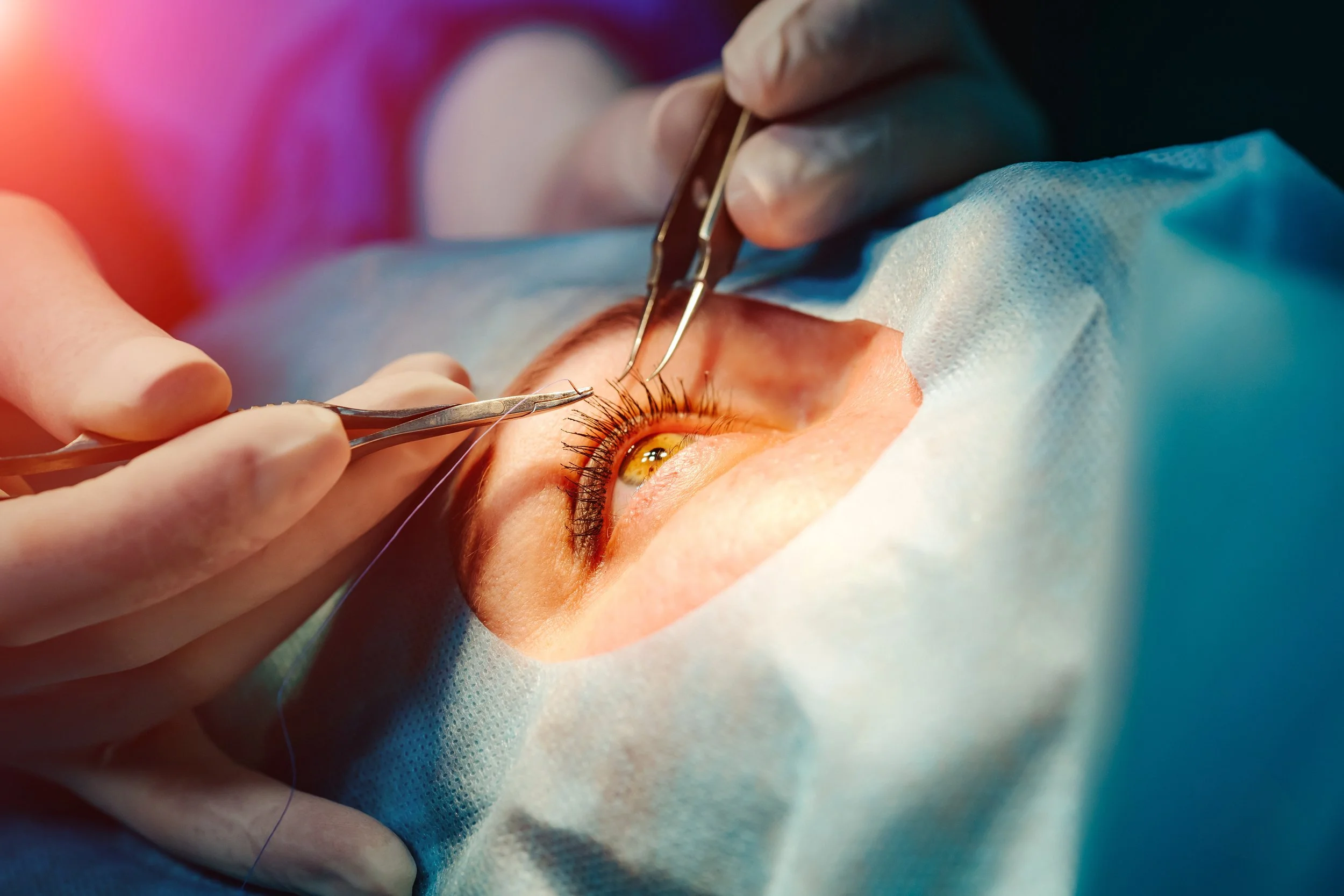FREQUENTLY
ASKED
QUESTIONS
How long will my appointment take?
Please allow at least 1 hour for your initial consultation. You need to allow time for time for registration investigations to be performed. Quite often patients will require their pupils to be dilated which can add to longer appointment times.
What do I need to bring with me to my appointment?
Letter of referral
Current glasses used for reading and driving
Medicare, Pension or Veteran’s Affairs cards
Private Health Insurance details (this will be needed if you are being booked in for eye surgery)
A list of current medications and medical history from your local doctor
Any information including scans or reports from your previous Ophthalmologists or Optometrists
Sunglasses to reduce glare after pupil dilation
Why do I need a referral to see the Ophthalmologist?
A current referral from your GP or optometrist is important as this will help to keep your Ophthalmologist up-to-date with your health conditions. This also allows you to claim a rebate from Medicare. The referral can be brought with on the day of your appointment or faxed, emailed or posted prior to you seeing the doctor. If you have a referral from another specialist this will last for 3 months, if your referral is from a General Practitioner or Optometrist this will last for 12 months. If you attend your appointment without a current referral and you elect to see the doctor, all costs incurred by you will be an out-of-pocket expense. There will be no Medicare rebate.
How much will my appointment cost?
The cost of your consultation will vary depending on the type of investigations/procedures performed. We ask that all accounts be paid in full at the time of your consultation. This will then be lodged electronically to Medicare on your behalf by our receptionists to claim the rebate. If you have registered your bank details with Medicare you will received your rebate within 24 to 48 hours. Please be aware that some procedures do not attract a rebate from Medicare.
Does my Private Health Insurance cover any costs of my appointment?
Your Private Health Insurance will only cover costs for in-hospital procedures.
Should I drive after my appointment?
We recommend that you not drive and that you bring a driver because some drops/procedures may make it difficult to drive afterwards. You may also like to bring a pair of sunglasses to the appointment to reduce glare if your pupils have been dilated.
Will the Ophthalmologist prescribe glasses?
Your glasses will be prescribed by your Optometrist.
What is the difference between an Ophthalmologist and an Optometrist?
An Ophthalmologist is a medical doctor who has undertaken additional specialist training in the diagnosis and management of disorders of the eye and visual system. Ophthalmology training equips eye specialists to provide the full spectrum of eye care, including medical treatment and complex microsurgery.
Optometrists are eye care professionals who examine eyes, give advice on visual problems, and prescribe and fit glasses or contact lenses. If eye disease is detected e.g. glaucoma, they will refer patients to an Ophthalmologist for further management and appropriate treatment.

